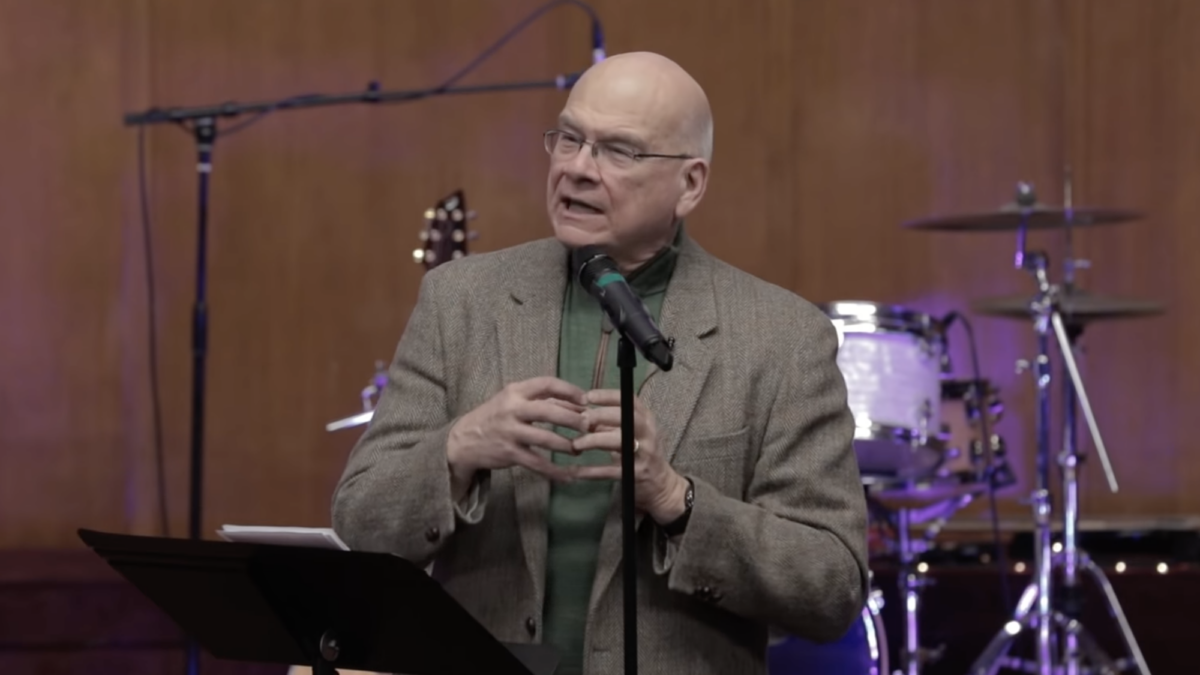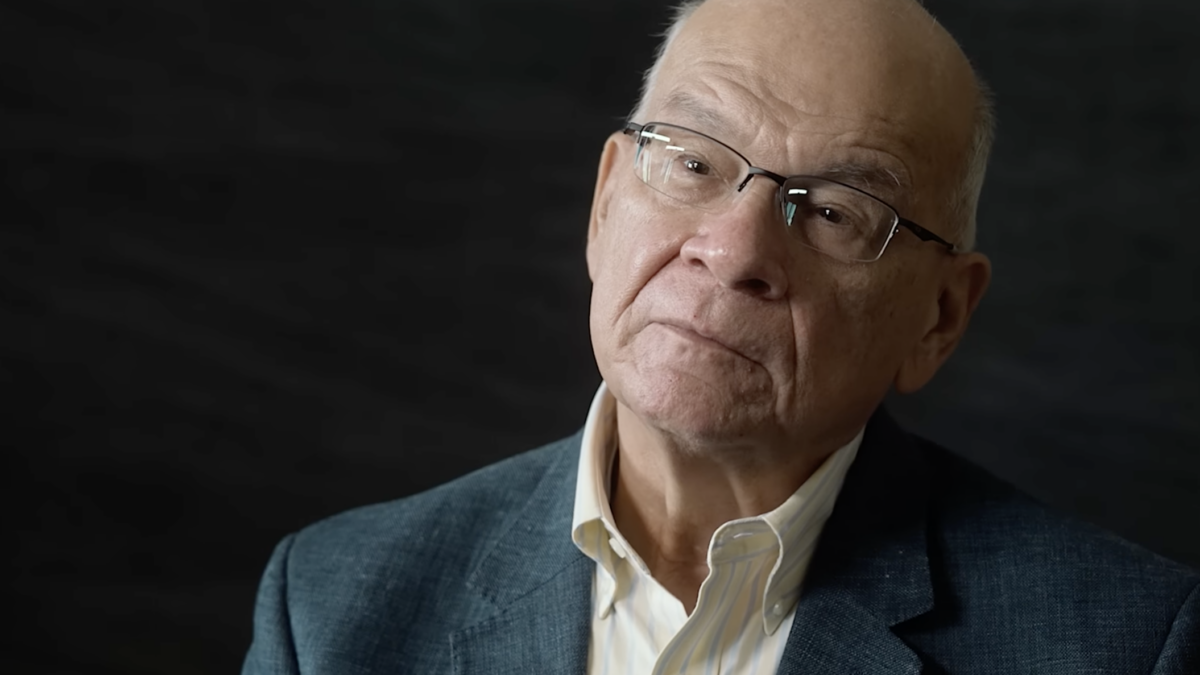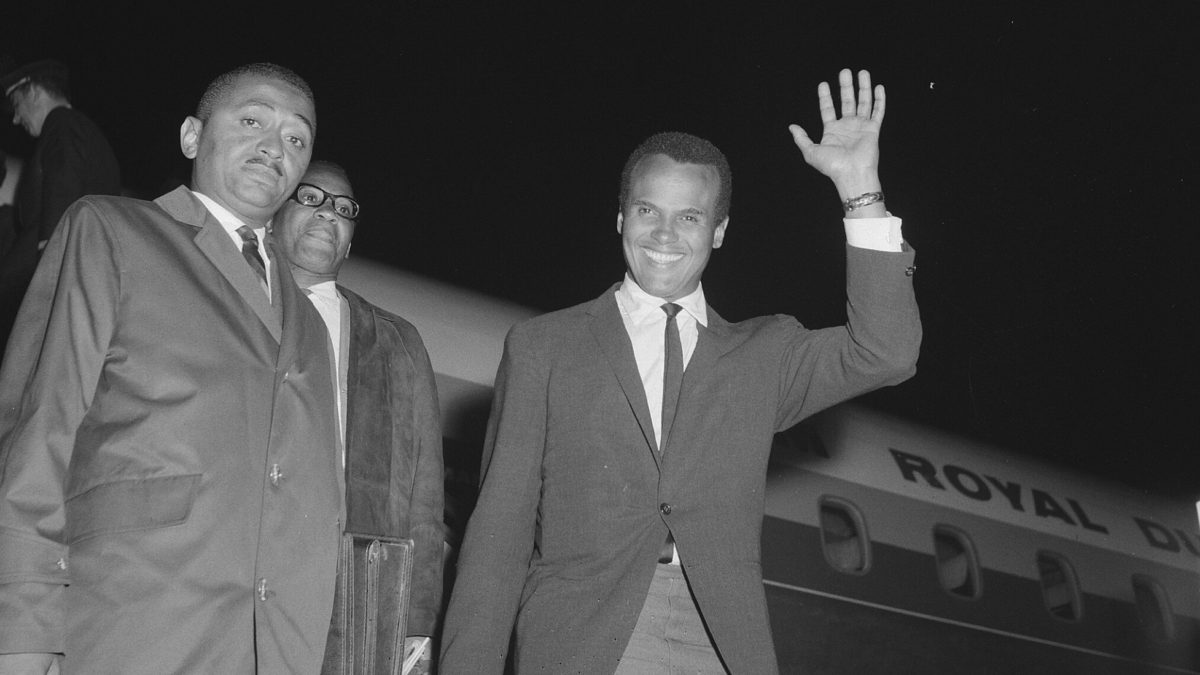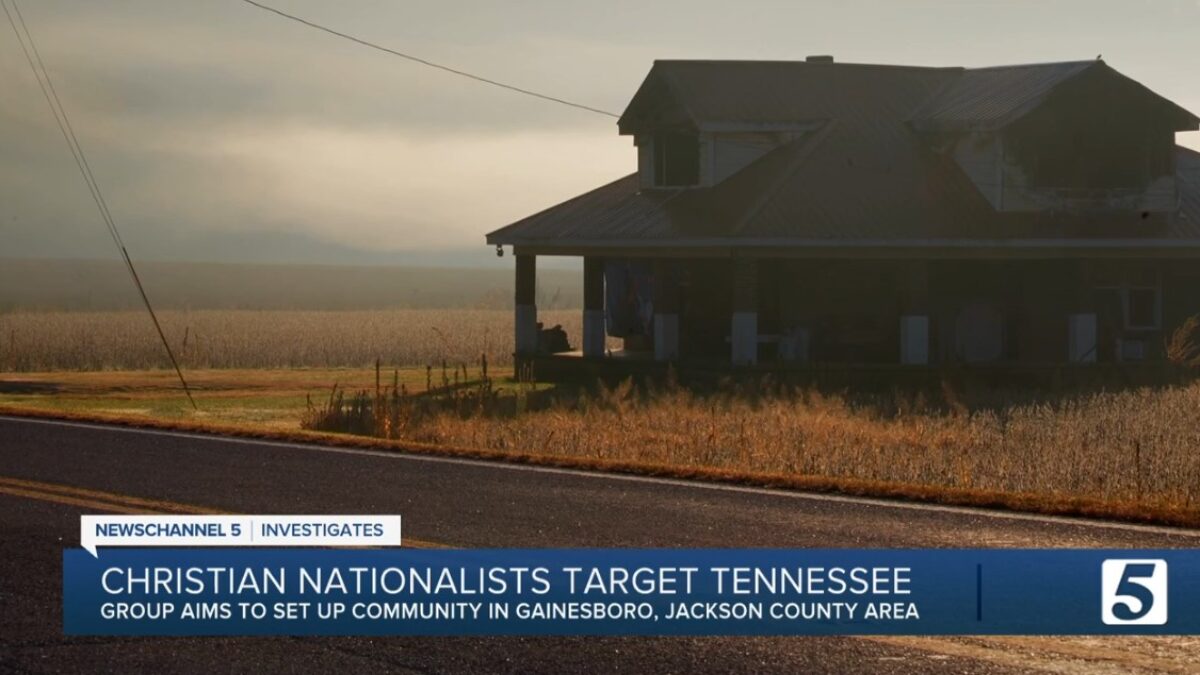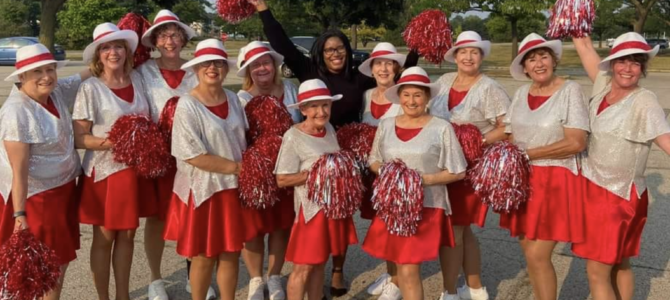
A friend and I were recently discussing the tension we feel between seriousness and humor, both online and in real life. Living as eternal souls in this sin-cursed world is undoubtedly serious business. I’m always bringing up weighty matters of politics or theology, because how else will we learn to live well in this life or the next? It matters.
At the same time, we must laugh. Humor is the padding that keeps life from being all sparks and sharp angles. It defuses tensions and reminds us we’re all human. After all, our very existence as angel-like souls inside animal-like bodies is tinged with comedy.
Which brings me to the Milwaukee Dancing Grannies.
I waited a day before forcing myself to read about the dreadful slaughter at a Christmas parade in Waukesha, Wisconsin. When I finally did, I learned that the dead were mostly members and supporters of this troupe of grandmothers, who dance at parades and events for the delight of their neighbors.
Dancing Grannies are the very best kind of humor: the gentle kind that laughs at oneself and at life, that laughs at the fact that somehow, while your spirit stayed young, your body turned into a septuagenarian’s while you weren’t looking. And you dance anyway.
In one horrifying moment, it was all snuffed out. There’s something so jarring in the way it happened, so out-of-place, like laughing during the Lord’s Supper. We all know we’re going to die one day, but we don’t envision it happening while we’re grooving to the music with a grin on our face. Humor doesn’t mesh with murder. The joy of living doesn’t mesh with being crushed to death in the street.
It tempts you to believe that the humor was never real — that the joy of living is an illusion, a fool’s way of passing the time until our inevitable end. If humor is the padding of life, it seems to be made of something easily flammable. It can burn away in an instant, leaving only the sharp, steely angles of our cursed human condition behind.
But in reading about those who died, it’s clear that their enjoyment in dancing at parades came from something deeper and far more serious. It came from lives well-lived, invested in families, communities, and churches. It came from a willingness to leave behind false dignity and choose joy — which is the same route, over different terrain, by which sinners find salvation.
“Milton was right,” C.S. Lewis depicts the spirit of George MacDonald saying in “The Great Divorce”:
The choice of every lost soul can be expressed in the words ‘Better to reign in Hell than serve in Heaven.’ There is always something they insist on keeping even at the price of misery. There is always something they prefer to joy—that is, to reality. Ye see it easily enough in a spoiled child that would sooner miss its play and its supper than say it was sorry and be friends. Ye call it the Sulks. But in adult life it has a hundred fine names—Achilles’ wrath and Coriolanus’ grandeur, Revenge and Injured Merit and Self-Respect and Tragic Greatness and Proper Pride.
If pride is the root of human sin — and it is — the humility to laugh at oneself is a blow struck against the heart of darkness. Please don’t misunderstand: I’m not saying joining the Dancing Grannies is the means of salvation. I’m saying it speaks of a heart that is ready for it.
And if heaven is more real than this earth — and it is — then a life of joy and humor is more in line with reality than one of dignified despair. Yes, on this earth, death looks like the reality and joy looks like the illusion. But in eternity the balance shifts. In heaven, it’s death that gets snuffed out by joy in an instant. It’s joy that lasts forever while death is burned away.
So may the grannies dance on. And so may we all.
“Do not be overcome by evil, but overcome evil with good.”


